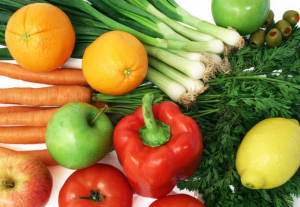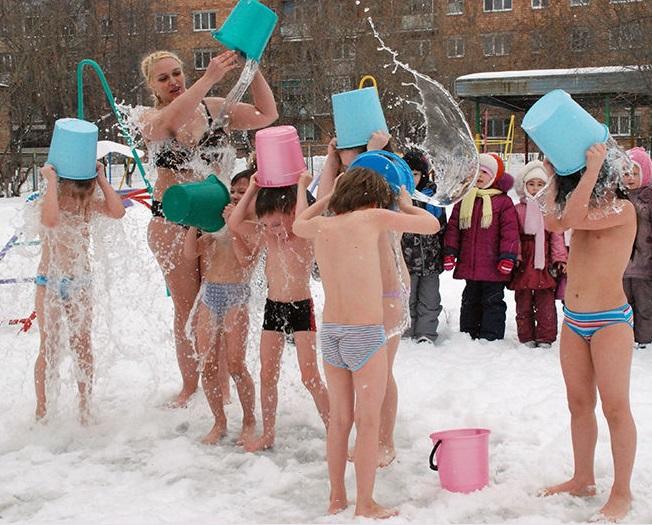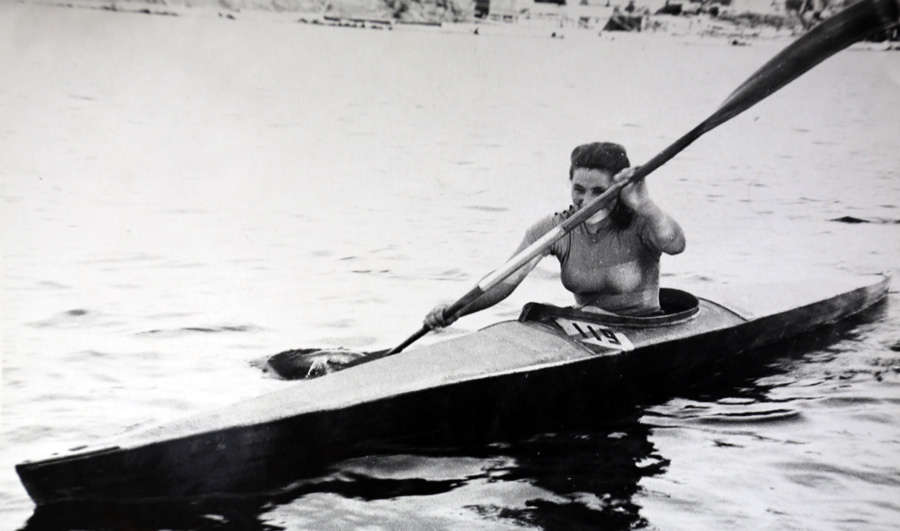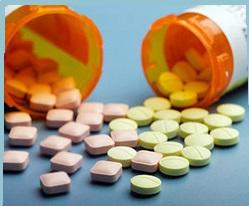RIGHT FOOD DURING SPORT CLASSES
 This article is not about “sports nutrition” i. anabolic drugs and various dietary supplements, information about which can be found on specialized resources, and whose positive effect on the body causes us to have certain doubts, namely, how to eat regular food during sports.
This article is not about “sports nutrition” i. anabolic drugs and various dietary supplements, information about which can be found on specialized resources, and whose positive effect on the body causes us to have certain doubts, namely, how to eat regular food during sports.
The human body should receive daily enough carbohydrates and proteins, as well as some fat, vitamins, minerals and plenty of water. The effectiveness of sports activities is associated with a significant activation of protein synthesis in working muscles. The formation of the necessary protein structures that provide specific work of the muscles is associated with increased gene activity and requires a complete protein nutrition. For people who are experiencing heavy physical exertion, essential and non-essential amino acids in the diet must be contained in certain proportions. Unfortunately, our normal diet does not ensure the supply to the body of a sufficient amount of easily digestible proteins, especially amino acids, in the required ratio. Therefore, with enhanced muscle activity, there is a need for additional protein nutrition or for the use of special products of high biological value (with the optimum content of essential amino acids, vitamins, mineral salts, etc.).
The main function of proteins is to form and restore the tissues and cells of the body. Carbohydrates – the main source of energy needed by the body during heavy physical exertion. Fat is the second most important source of energy. During exercise, more protein, carbohydrates and fats are required than in their absence.
With high physical exertion, it is desirable to use, 5-6 meals a day. Such nutrition is more physiological. The first breakfast is 5%, the second breakfast is 30%, additional food after a workout is 5%, lunch is 30%, afternoon tea is 5%, dinner is 25% of daily calories. The volume of food should not be too large: for 70 kg of body weight from 3 to 3.5 kg of food per day. Fruits and vegetables should be 10-15% of the diet.
On sports days, breakfast and lunch should be nutritious. In the afternoon, at approximately 2 hour intervals, you need to eat several times. This should be a high carbohydrate food, it will give strength before the start of classes. Drink plenty of water throughout the day, especially at the last hour before class starts.
Try to eat as little as possible difficult to digest foods – it is cabbage, beans, lentils, beans, peas, pork and lamb fat. Such products are better used less frequently than others and only after training sessions. The important point is the variety of food, as well as high-quality culinary processing of food. After that, it is easier to digest ground, boiled, steamed meat, mashed legumes, oatmeal in the form of jelly with milk. Frequent repetition of food and monotony of food are undesirable. Neutral soups must be alternated with sour. It is advisable to avoid the same side dishes. In hot climates, the caloric content should be slightly reduced. In cold climates, it is necessary to increase protein intake, but the amount of consumed fat should be reduced.
Meals before class
The body can not digest a large amount of food during exercise, so it is unwise to eat right before exercise. But to do sports you need a lot of energy. Carbohydrates are the best source of energy, so they should be included in breakfast or lunch 3 hours before the start of classes or eaten in small portions no later than an hour before they start. Carbohydrates are rich in foods such as: oatmeal with skim milk, boiled potatoes, crispbread, cracker, toast, bread with jam or honey.
Food after sports activities
If you physically did a good job, but did not eat for 5 hours, the level of glucose in the blood drops so much that exercise is excessive. If there are no obvious painful sensations, it still negatively affects stamina and the ability to concentrate in the process of training. Try to eat within two hours after class. If exercise suppresses appetite, have a snack with something highly carbohydrate as soon as possible. Here are a few dishes that are perfect for this: oatmeal cookies, fruit muffins, pasta with vegetables, fish or chicken, baked potatoes with low-fat seasoning, boiled rice and sweet corn salad, fruit salad with oatmeal, vegetable stew.
Carbohydrates are digested at different rates, so blood sugar levels can rise slowly or quickly.
Starch contained in potatoes, bread and rice gives up its energy slowly, and simple carbohydrates contained in jam, honey, fruits, juices quickly.




